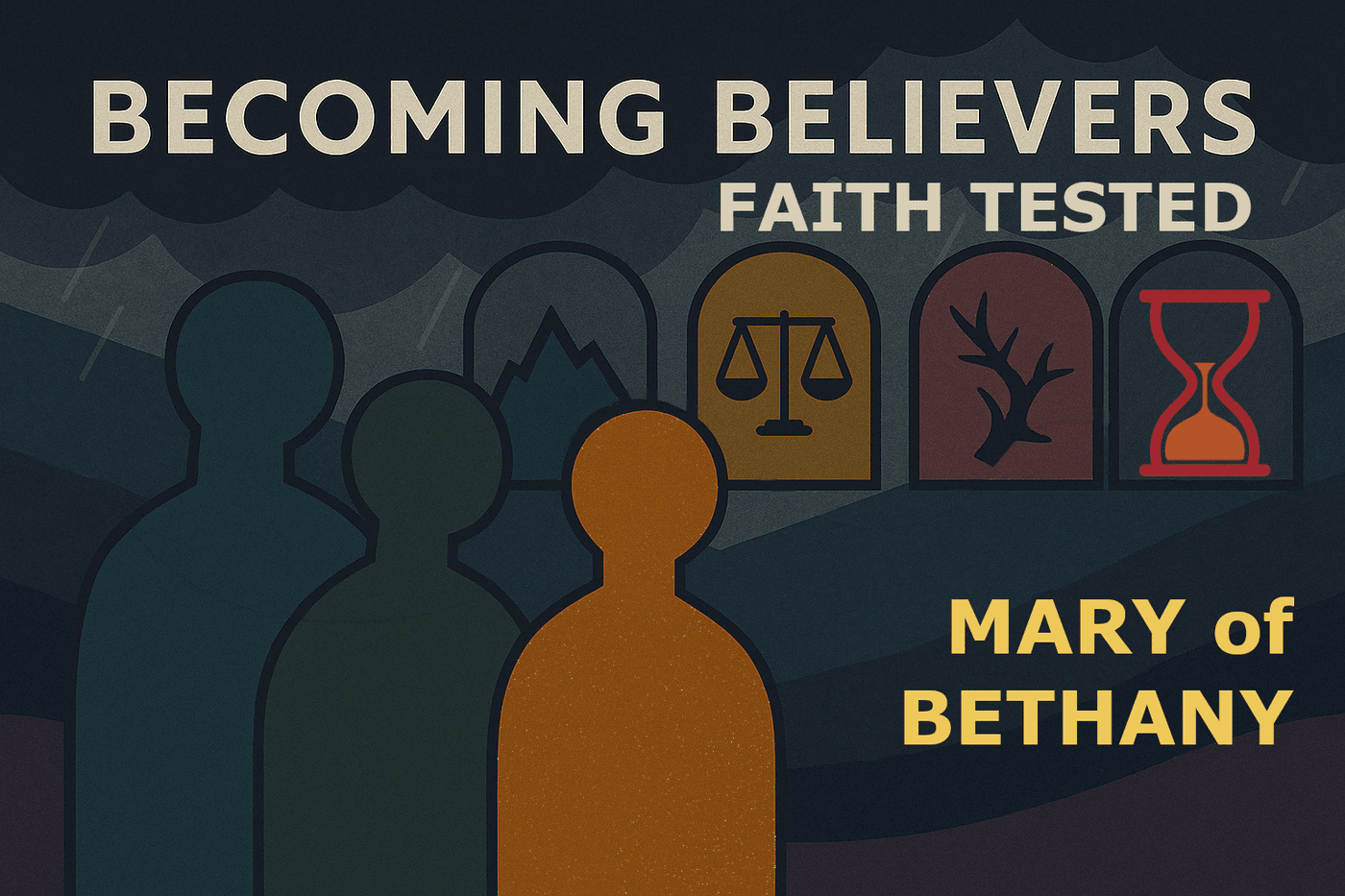
Mary of Bethany: Faith Tested by Timing
A Sovereign Delay
When Lazarus fell ill, Mary and Martha sent word to Jesus.
They knew His power. They knew His love for their family.
But Jesus, hearing the news, stayed two days longer where He was.
A deliberate delay.
His disciples did not understand. His friends in Bethany certainly would not.
By the time He arrived, Lazarus was dead four days. The house was filled with mourners.
For Mary and Martha, the delay made no sense at all.
If You Had Been Here
When Mary finally came to Him, she fell at His feet and said, “Lord, if You had been here, my brother would not have died.”
In her words is both confession and complaint. She trusts His power, but she cannot reconcile His absence.
Here lies the age-old tension of faith: If God is good, and if God is powerful, then why is there still so much pain?
Mary’s words confess both truths, His goodness and His strength, yet the sting of evil remains in her brother’s death.
This is the test: can we believe in His love when His timing confuses us? Can we believe in His strength when death still takes those we love?
The Test of Faith
We often treat delay as absence, or silence as indifference.
But in John 11, the delay is deliberate.
Jesus said it plainly: “This illness does not lead to death. It is for the glory of God, so that the Son of God may be glorified through it.”
The test, then, was not whether He loved Mary and Martha.
The test was whether they would trust His love and His power even when it looked like He had failed them.
Living in the In-Between
Mary’s waiting at Lazarus’s tomb foreshadows something greater.
She lived in the tension between what Jesus had already revealed and what He had not yet done.
That is the same place the disciples would one day find themselves on the day between the cross and the resurrection.
Good Friday is freshly behind them. Easter morning has not yet come.
It is a hard place to stand: the place of unanswered questions, of pain that seems final, of promises not yet fulfilled.
And yet that is where most of us live as well.
We live after the cross and the empty tomb, but before the final day when every tear will be wiped away.
God has shown us enough of Himself to sustain us, though we cannot see or know everything.
Like Mary, we live in a kind of “Easter vigil”, strengthened by what God has already done, while we wait for what He has promised to do.
For Our Benefit
The glory of God is not in avoiding suffering, but in overcoming it.
Jesus did not explain away the pain of Lazarus’s death. He entered it.
He wept at the tomb. And then He called Lazarus out.
But even this miracle was only a sign pointing forward.
Because soon Jesus Himself would walk into death, bearing not just one man’s sickness but the sin of the whole world.
Between the cross of Good Friday and the resurrection on Easter Sunday, the full weight of evil met both the goodness of God and the power of God.
If you want to know why delay is not absence, why suffering is not neglect, why death is not the end, you must look to the cross.
That is where the questions converge: If He is good, and if He is strong, why does He allow this?
And there the answer is given: for our sake, for our salvation, for God’s glory and our good.
What We Learn from Mary
Faith is tested when God’s timing does not match ours. It is tested when prayers seem unanswered. It is tested when the problem of evil feels too large to bear. But God’s glory revealed in Jesus is never against us. His delay is not neglect but purpose. His glory is our good.
Takeaway: God’s glory is not opposed to our good. His timing may confuse us, test us, or even break us, but in the end, it is for our benefit that He is glorified. Jesus’ death and resurrection are the proof.
Prayer: Lord Jesus, in our waiting and confusion, teach us to trust You. When Your timing feels unbearable, remind us that You are glorified for our good. Turn our tears into testimony, and our testing into trust. Amen.



